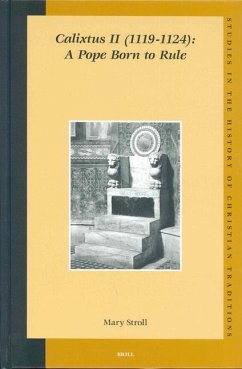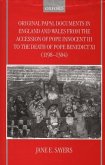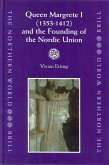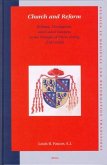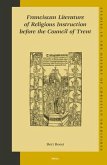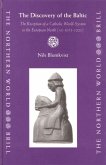Calixtus II (1119-1124) transformed the orientation of the papacy by signing the Concordat of Worms with the emperor, Henry V, in 1122, resolving the conflict over imperial investiture of bishops. As the tough-minded archbishop of Vienne, he had opposed the emperor and anyone else who stood in his way.As pope, he aggressively promoted the authority of the papacy, but suffered defeat in South Italy. To gain Henry V's support, he jettisoned his life-long opposition, and compromised over investitures. Students of the medieval papacy will find that this new interpretation of a pivotal pope challenges many of the conventional conceptions.
Hinweis: Dieser Artikel kann nur an eine deutsche Lieferadresse ausgeliefert werden.
Hinweis: Dieser Artikel kann nur an eine deutsche Lieferadresse ausgeliefert werden.

